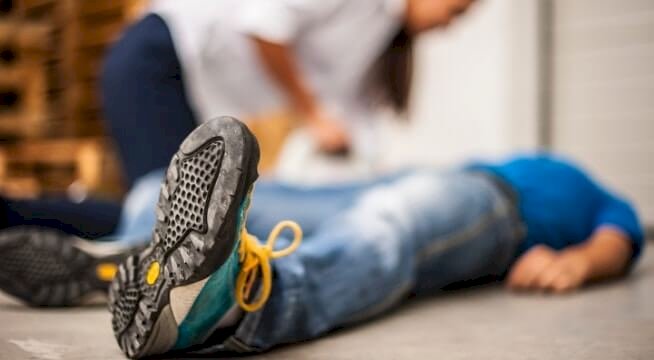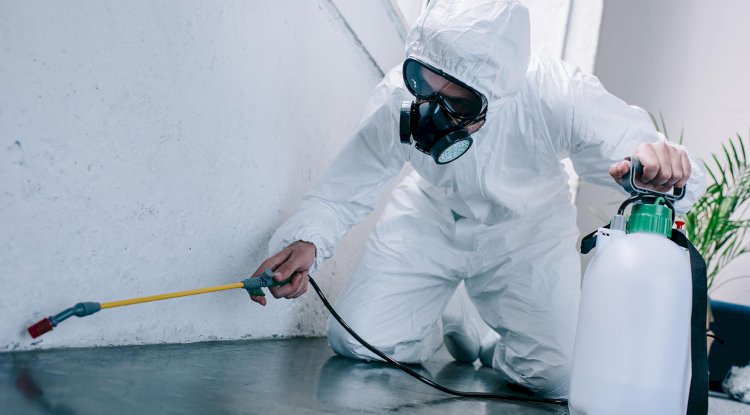Physical Shock Symptoms and Treatment
There are several signs and symptoms of traumatic shock. The heartbeat, pulse, and blood pressure of a shock sufferer will be checked by first responders.

There are several signs and symptoms of traumatic shock. The heartbeat, pulse, and blood pressure of a shock sufferer will be checked by first responders. Emergency responders may deliver intravenous fluids and blood products, as well as medicine and other supportive care, to get blood flowing through the individual's body as rapidly as feasible. Doctors can address the damage that caused the patient to go into shock once he or she has been stabilized.
Call 911 or your local emergency number if you encounter an injured individual who appears to be in shock. Then, according to the Mayo Clinic, complete the following steps:
- Unless this causes discomfort or additional harm, lay the individual down and raise their legs and feet slightly.
- If the victim displays no indications of life, such as breathing, coughing, groaning, or moving, start CPR immediately.
- Maintain the person's stillness and only move him or her if absolutely required.
- To avoid chills, loosen tight clothing and, if necessary, cover the person with a blanket.
- Allow the individual to eat or drink nothing.
- If the victim is bleeding profusely, apply pressure to the bleeding area using a cloth or sheet.
- Unless you suspect a spinal injury, shift the individual onto a side if he or she vomits or starts bleeding from the mouth to avoid choking. Do not move a person who has suffered a spinal injury.
Post-traumatic stress disorder (PTSD) and Emotional/Psychological Shock
You may experience psychological shock after seeing someone else's injuries or death in a vehicle accident, which may be a life-altering condition.
Emotional trauma (or post-traumatic stress) is defined by the National Coalition for Mental Health Recovery (NCMHR) as the emotional shock that follows a life-threatening, violent incident. When our bodies detect a life-threatening danger from which we cannot flee, we experience psychological trauma. The consequences may be instant or gradual, and they may endure for the rest of our lives.
Post-traumatic stress disorder (PTSD) is described as a "complex anxiety condition that may emerge when individuals encounter or witness an incident viewed as a danger and in which they sense fear, horror, or helplessness," and “a natural reaction to aberrant situations," as PTSD is commonly referred as.
After a vehicle accident, you may experience psychological shock as a result of your own injuries or the injuries of a loved one, particularly a kid or spouse whom you were unable to protect. Even a spectator who witnesses a very severe vehicle accident may be traumatized by what he or she observed.
Repetitive and intrusive worried thoughts or recollections relating to the occurrence, according to the NCMHR, indicate that a person has been emotionally traumatized. If you're dealing with someone who has just been traumatized, take care of any physical injuries or medical requirements first (e.g., call 911, dress a wound, etc.).
Many collision victims suffer from shock, which is a common medical condition. After receiving the necessary emergency aid and medical attention for shock following a vehicle accident in, speak with a car accident attorney about your legal possibilities if your injuries were caused by someone else. You may be able to seek reimbursement for your medical bills as well as additional losses, such as pain and suffering.
Share
What's Your Reaction?
 Like
2
Like
2
 Dislike
2
Dislike
2
 Love
0
Love
0
 Funny
1
Funny
1
 Angry
1
Angry
1
 Sad
1
Sad
1
 Wow
1
Wow
1


















1